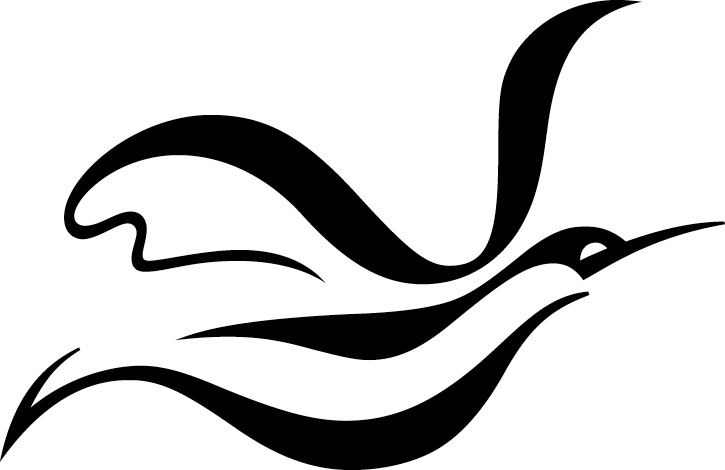A Final Word

THE BOOKS I’ve written about in this one are a small sampling of the works that have been my companions: books I’ve read, misread, reread, and recommended. I’ve neglected to mention most of my favorites. And I’ve yet to read many books that will surely join that list, as I don’t yet know what they are. Some will be volumes written centuries ago, and some are being written right now.
I used to say that the greatest gift you could ever give anyone is a book. But I don’t say that anymore because I no longer think it’s true. I now say that a book is the second greatest gift. I’ve come to believe that the greatest gift you can give people is to take the time to talk with them about a book you’ve shared. A book is a great gift; the gift of your interest and attention is even greater.
Reading is a respite from the relentlessness of technology, but it’s not only that. It’s how I reset and recharge. It’s how I escape, but it’s also how I engage. And reading should spur further engagement.
When you read about injustice, you need to do something about it. Books have played a role in almost every one of the world’s great civil and human rights movements, but only because people who read them decided to act. Reading brings with it responsibility.
In this way, some books have already helped change the world. Other books have the power to do so, even if they haven’t quite yet. One of those, I believe, is The Importance of Living. That’s part of the reason I keep returning to it.
The Importance of Living is about the need to slow down and enjoy life. And about the importance of books and reading. But it is ultimately an impassioned plea for reason and humanity. Lin Yutang urged us to appreciate poetry and literature not just as good things in and of themselves, but also because they encourage a kind of humanized thinking that he felt was essential for the survival of our race. Lin believed that hope for our world resides in people’s adopting what he called the Spirit of Reasonableness, which he saw in the best of the Chinese traditions: “No one can be perfect; he can only aim at being a likable, reasonable human being.”
Writing this book in 1937, Lin was keenly aware of the dangers on the horizon in both Europe and Asia, and he was eager to make one thing particularly clear. “Communism and Fascism are both products of the same mind,” he warned in The Importance of Living. “Characteristic of both regimes and ideologies are, firstly, the sheer belief in force and power….”
Lin taught me that I don’t actually need a Ginsu-knife of a book. Nor, I suppose, do I really want one. In fact, the world tends to get into trouble when people claim that one particular book is the only book you need or should have, and especially when one group tries to force others to recognize their book as that one book.
Books remain one of the strongest bulwarks we have against tyranny—but only as long as people are free to read all different kinds of books, and only as long as they actually do so. The right to read whatever you want whenever you want is one of the fundamental rights that helps preserve all the other rights. It’s a right we need to guard with unwavering diligence. But it’s also a right we can guard with pleasure. Reading isn’t just a strike against narrowness, mind control, and domination: It’s one of the world’s great joys.
How we live is no trivial matter. Racing around in a state of agitation and greed and envy isn’t just wasting our lives; it’s a symbol of much that is wrong with our world. And reading all different kinds of books is not simply reading all different kinds of books; it’s a way of becoming more fully human and more humane.
When I read, I’m reminded to be more thoughtful about how I approach each day. And that’s not just important for living: it’s the least I can do for the dead.
I read to live. I read for life.